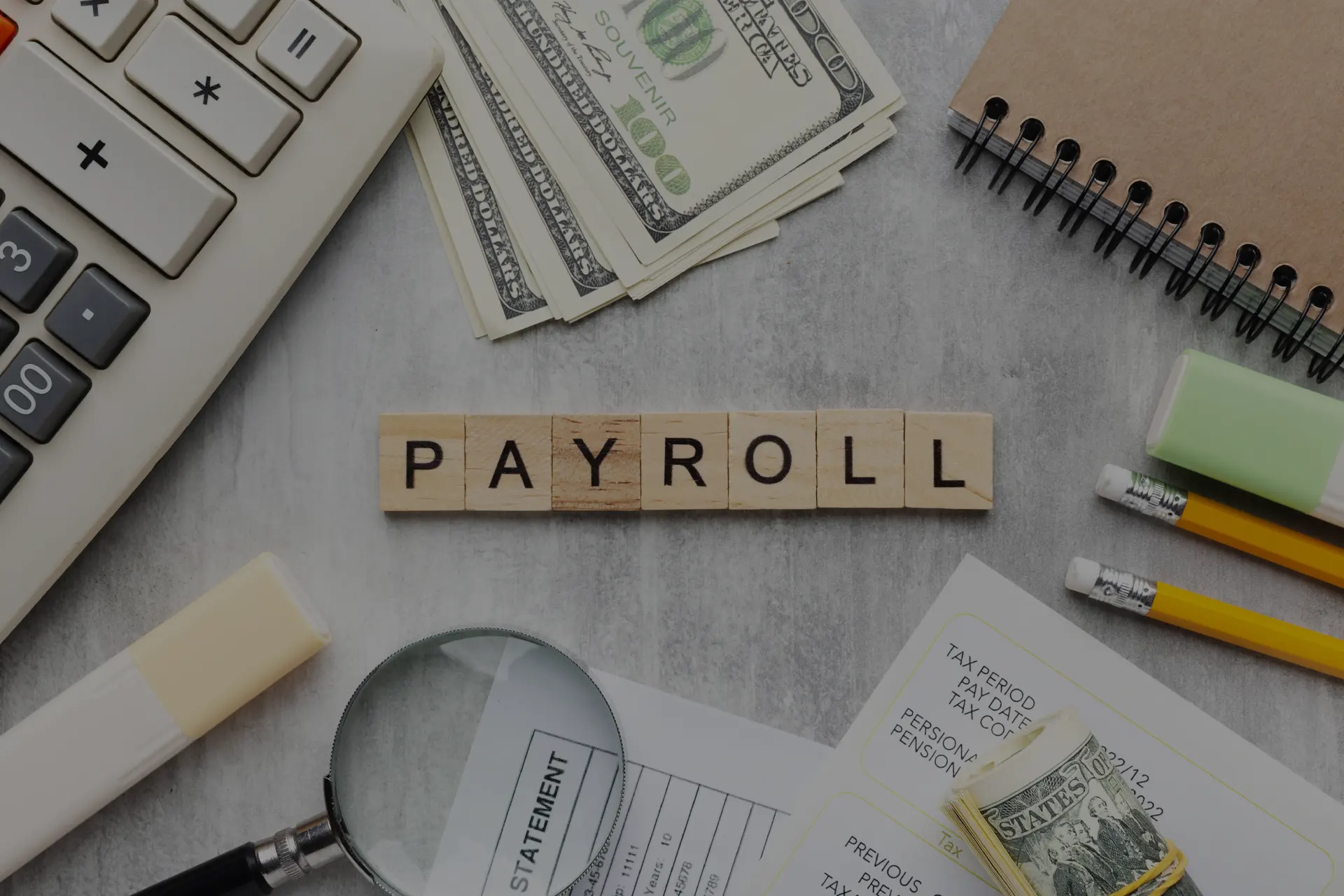Introduction
The Goods and Services Tax law provides a detailed mechanism for recovery of taxes like those either not paid, short paid, or wrongly availed of input tax credit. For ensuring such robust framework in terms of safeguarding revenue, Section 74 of the CGST Act, 2017 has indeed become the most important provision. However, the provision has many issues leading to practical complications for taxpayers. In this write-up, we shall discuss the scope of this provision, whether they should be invoked lightly when small value demands are made, and what should be considered carefully within the ambit of such provisions on such factual context.
Understanding Section 74
Section 74 is specifically designed to deal with situations where tax shortfall arises on account of either fraud, willful misstatement, or suppression of facts. It provides for demand of tax along with interest and penalties. However, it is important to appreciate that the scope is not meant to adjust routine technical mistakes. Clearly, the intent is to punish fraudulent or dishonest conduct as opposed to inadvertent errors in filing returns or claiming input tax credit.
The Issue of Small Value Demands
In recent months, several temporary, ad-hoc and medium businesses have received notices under Section 74, even in cases where the tax demand is not significant. Many taxpayers argue that invoking such harsh provision for small value demands unnecessarily increases the burden and compliance costs. The department, on the other hand, highlights that the law does not carve out any threshold for applicability. The friction is significant since cases often relate to clerical mistakes like wrong classification, mismatched input credit claims, or interpretation disputes, particularly for small value demands.
Burden of Proof and Logical Position
Section 74 places the burden on the department to prove that the tax shortfall is a result of fraud, willful misstatement, or suppression of facts. Courts have time and again clarified that such allegations cannot be presumed; they must be established through specific evidence. The Allahabad High Court in Continental Cement Company (2014) under the erstwhile regime has reiterated that burden of proof cannot be conventionally kept whatsoever on the assessee in absence of direct evidence.
In practice, however, it has been noticed that in Section 74 notices sometimes involved not much investigation and were issued routinely even in cases where evidence was weak. This practice is legally unsustainable because in the inception of a demand provision, cases be justified mainly to oversee intentional fraud. Without robust judicial test, the application of Section 74 is contrary to the principles of natural justice.
Practical Challenges for Taxpayers
The issuance of Section 74 notices for small value demands creates multiple challenges. For example, if adjudication and appeal are pursued, this implies more time, cost aspects, of which overall outweigh the main tax demand amounts. Further, such indiscriminate notices increase litigation clogging the system and hurt compliance sentiment. Taxpayers, particularly SMEs, are disproportionately affected since even minor inconsistencies trigger major consequences.
Possible Approach Going Ahead
While the law does not distinguish between small and large demands, the logic strongly supports that in the case of low tax effect or minor clerical issues, a more lenient approach is needed. A balanced practice lies by highlighting that the issue is only a procedural or technical error and therefore does not warrant invocation of fraud-related provision. The department could alternatively explore mechanisms such as compounding or summary disposal for such cases. Furthermore, introducing a monetary threshold for issuing Section 74 notices could provide much-needed relief to small taxpayers, and help focus departmental resources on larger frauds and evasion matters.
Conclusion
It is high time that the CBIC issues clear instructions to field officers that Section 74 should not be invoked in cases of minor clerical issues or small tax effect. Instead, the principles of proportionality and natural justice should guide the approach. From a legislative perspective, an amendment providing threshold limits could ensure the provision is used only in significant cases.
For taxpayers, it is important to maintain detailed documentation and ensure reconciliations are accurate to avoid such disputes. In case notices are received, strong defense must be built citing judicial precedents and highlighting absence of fraud intent.
Section 74 thus remains a crucial weapon, but its misuse for minor value demands creates unnecessary hardships. A balanced approach, by recognizing the difference between fraud and error, is the need of the hour. This will strengthen trust in the GST system and provide certainty to taxpayers.






